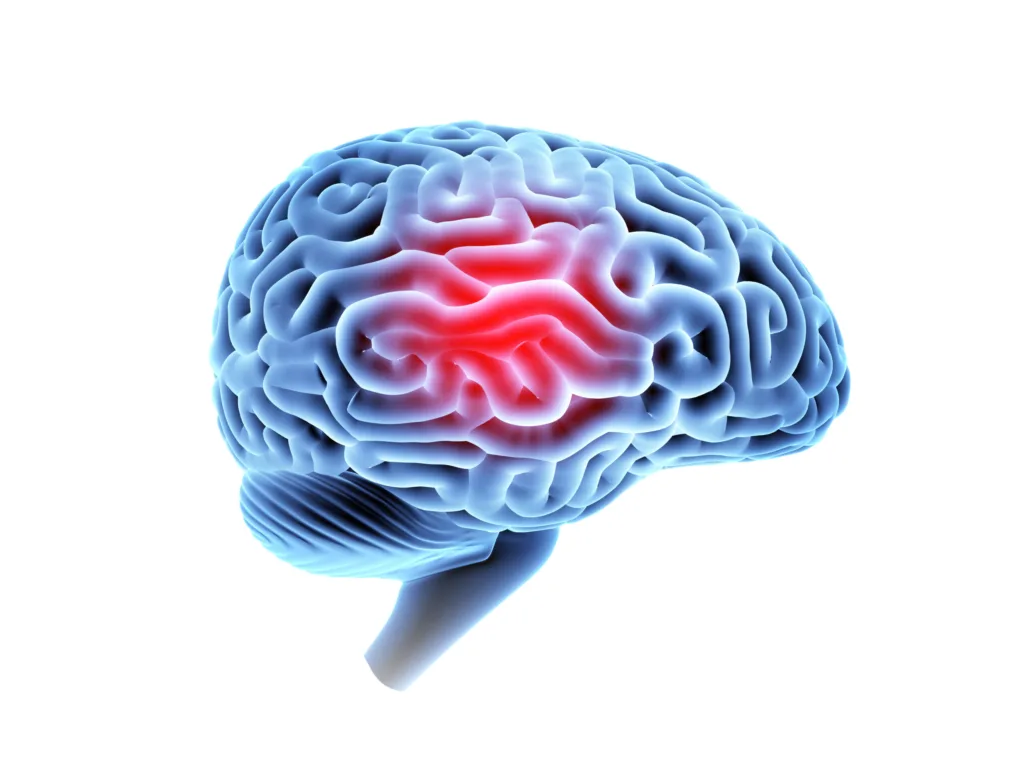
Many veterans struggle with anxiety. Understanding the nuances of anxiety disorders is crucial for providing support and promoting mental well-being. In this blog, we will delve into the five common types of anxiety that veterans often face, shedding light on the complexities of their experiences.
What Are the Different Types of Anxiety?
Anxiety disorders encompass a range of conditions characterized by excessive worry, fear, or nervousness, often affecting a person’s daily life. The five primary types of anxiety disorders are generalized anxiety disorder (GAD), panic disorder, social anxiety disorder, obsessive-compulsive disorder (OCD) and post-traumatic stress disorder (PTSD).
- Generalized Anxiety Disorder (GAD): GAD is marked by persistent and excessive worry about various aspects of life, such as work, relationships and health. Veterans with GAD may find it challenging to control their worry, experiencing physical symptoms like restlessness, fatigue and muscle tension.
- Panic Disorder: Panic disorder involves recurrent and unexpected panic attacks, which are intense episodes of fear accompanied by physical symptoms like chest pain, shortness of breath and dizziness. Veterans may live in fear of experiencing another attack, leading to avoidance behaviors.
- Social Anxiety Disorder: Individuals with social anxiety disorder experience intense fear of social situations and the fear of being judged or humiliated. Veterans with social anxiety may avoid social interactions, impacting their ability to form connections and engage in civilian life.
- Obsessive-Compulsive Disorder (OCD): OCD is characterized by intrusive, unwanted thoughts (obsessions) and repetitive behaviors or mental acts (compulsions) performed to alleviate anxiety. Veterans may grapple with OCD symptoms that interfere with daily activities and relationships.
- Post-Traumatic Stress Disorder (PTSD): PTSD is a prevalent anxiety disorder among veterans, stemming from exposure to traumatic events during military service. Symptoms include intrusive memories, nightmares, hypervigilance and emotional numbness, impacting daily functioning and overall quality of life.
Veteran Anxiety: A Complex Landscape
The experiences of military service can contribute to the development or exacerbation of anxiety disorders among veterans. The unique stressors, traumas and uncertainties inherent in military life can have lasting effects on mental health.
Common types of anxiety veterans may face include:
- Combat-Related Anxiety: Veterans who have experienced combat may contend with a heightened state of arousal, reliving traumatic events and harboring survivor’s guilt. Combat-related anxiety can manifest as a combination of GAD, panic disorder and PTSD, creating a complex web of challenges.
- Transition Anxiety: The shift from military to civilian life poses its own set of challenges, triggering anxiety related to employment, social integration and sense of purpose. Veterans may struggle with the uncertainty of post-service life, leading to various anxiety symptoms.
- Deployment Anxiety: The anticipation and experiences during deployment can contribute to anxiety disorders. Concerns about personal safety, the well-being of comrades and the ever-present danger create a breeding ground for anxiety.
- Survivor’s Guilt Anxiety: Those who have lost someone during active duty may battle with survivor’s guilt, a profound emotional struggle that can lead to intrusive thoughts, self-blame and intense anxiety. Coping with the loss while questioning one’s own survival can be emotionally taxing.
Get help today
For those who have served, mental health challenges can extend far beyond the battlefield. Understanding different types of anxiety veterans face is vital for providing targeted support. Whether it’s combat-related, transition-related or rooted in specific anxiety disorders, veterans deserve empathy, awareness and comprehensive mental health resources.
As a society, fostering an environment that acknowledges and addresses the complexities of veteran anxiety is crucial for assisting those who have selflessly served our nations. By recognizing the distinct challenges they encounter, we can collectively contribute to a supportive framework that aids veterans in navigating mental health challenges.
Reach out to our team at High Focus Centers to get the help you or a loved one need and deserve today.
Recent Posts
- Graduation, Transitions and Mental Health: Supporting Young Adults Through Post-College Anxiety and Depression
- Easter and Mental Health: A Season of Hope, But Not Always Joy
- Cognitive Dissonance: Why Conflicting Thoughts Affect Your Mental Health
- School Clearance Programs: Supporting Student Well-Being
- Navigating Early Recovery: What to Do and What to Avoid



